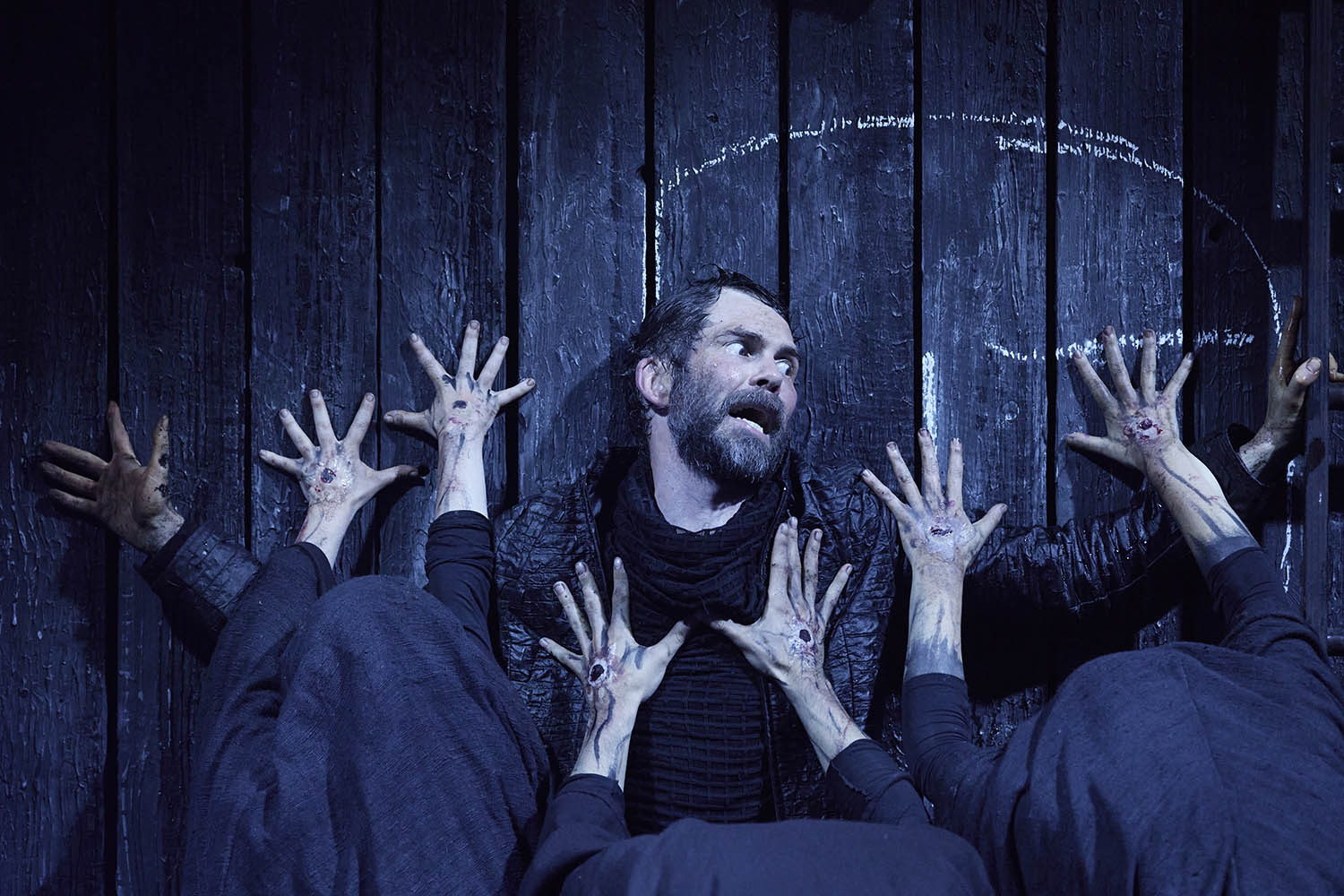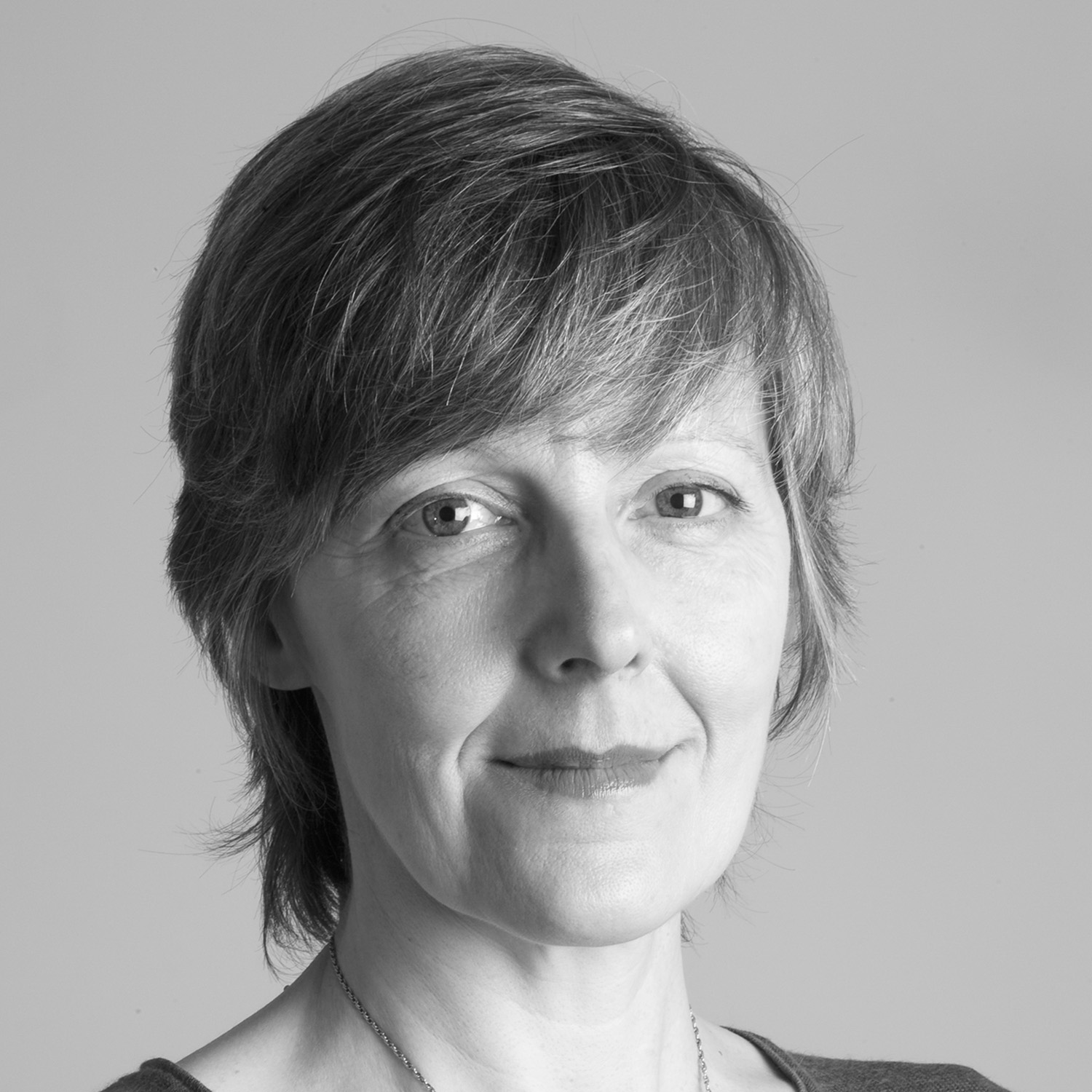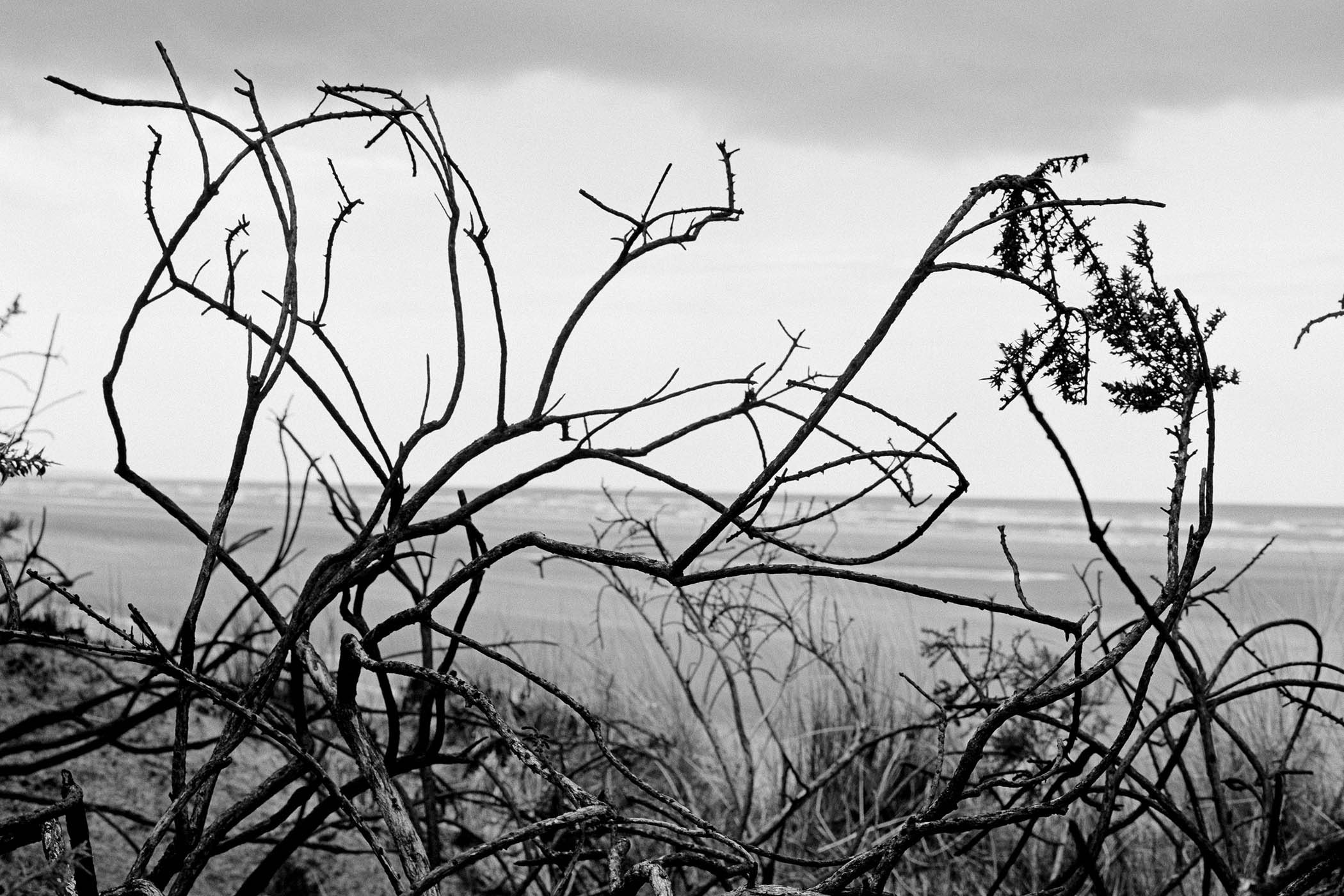Druid Theatre company open celebrations of their 50th anniversary with a double bill at this year’s Galway international arts festival. The company are exceptional – not for their longevity, but for the richness of their work. Riders to the Sea and Macbeth are staged in the company’s home, the Mick Lally theatre; Garry Hynes directs and Marie Mullen is a lead actor in both.
These three names featured in Druid’s 1975 programme. Since then (a four-year break excepted), Hynes has been the company’s artistic director, working with co-founders Lally – until his death in 2010 – and Mullen, who created the title role in The Beauty Queen of Leenane (for which she and Hynes both won Tony awards – the latter being the first female director to achieve this accolade). Druid’s ensemble of performers and creatives has developed over the decades, always replenished by new talents.
JM Synge was one of the writers featured in the company’s first season, and has returned to many times since. He had intended to be a poet before becoming a playwright, and his prose plays, inspired by the people of the Aran Islands, have a poetic quality; their realities sharper, brighter than our own yet suffused with a sense of something other, present but intangible. Druid’s spirited productions realise this poetry of vision. For this soul-touching anniversary double bill, designer Francis O’Connor presents a space simultaneously dark and cramped as an Aran Islander’s cottage yet suggestively spacious enough to allow Birnam Wood to come to Macbeth’s Dunsinane.
Rough black boards form a wall around a square space with tamped-earth floor. The audience sits behind the boards, along three sides. On the fourth side, the wall disappears into shadows. As if from a mist, a larger-than-life wooden sculpture of Christ, crucified against this wall, drifts in and out of view (thanks to Colin Grenfell’s atmospheric lighting).
Hynes’s staging uses the space as a palimpsest, layering images across the action of both plays. In Synge’s one-act Riders to the Sea, Cathleen (Rachel O’Byrne) kneads bread at a plain wooden table; her sister, Nora (Pattie Maguire), unbundles the clothes recovered from a drowned body. Dropped stitches in socks confirm they belonged to their brother Michael, the fifth man of the family lost to the sea. Naturalistic solidities are shaken when Mullen’s matriarch Maurya foretells in a ghostly vision the death of her last son, Bartley (Marty Rea), also by drowning. Mourners arrive; Maurya’s vision is confirmed. Her speech of excoriating sorrow – with superhuman delivery by Marie Mullen), – concludes: “No man at all can be living for ever and we must be satisfied.”
In Macbeth, Shakespeare’s witches, dark-clad like the keening mourners in Synge, challenge perceptions of “natural” and “supernatural”. Macbeth and Lady Macbeth, united in lust – for power and one another – are driven and destroyed by ungovernable parapsychic energies in performances of extraordinary interlocking intensity by Rea and Mullen. As Lady Macduff, O’Byrne again kneads bread at the wooden table; her son Fleance (Maguire) plays alongside. After hearing they are murdered, Macduff (Liam Heslin), slumped against the wall beneath the now half-hanging Christ, a picture of stunned horror, cries out: “Did heaven look on / And would not take their part?”
From this thrilling, profound, intricate play-pairing, a clear thought emerges: we may accept many strange things as natural, but never violence and tyranny – these we must challenge.
Macbeth will be presented at the Dublin theatre festival from 25 September to 5 October
Related articles:
Photograph by Ros Kavanagh
Newsletters
Choose the newsletters you want to receive
View more
For information about how The Observer protects your data, read our Privacy Policy



